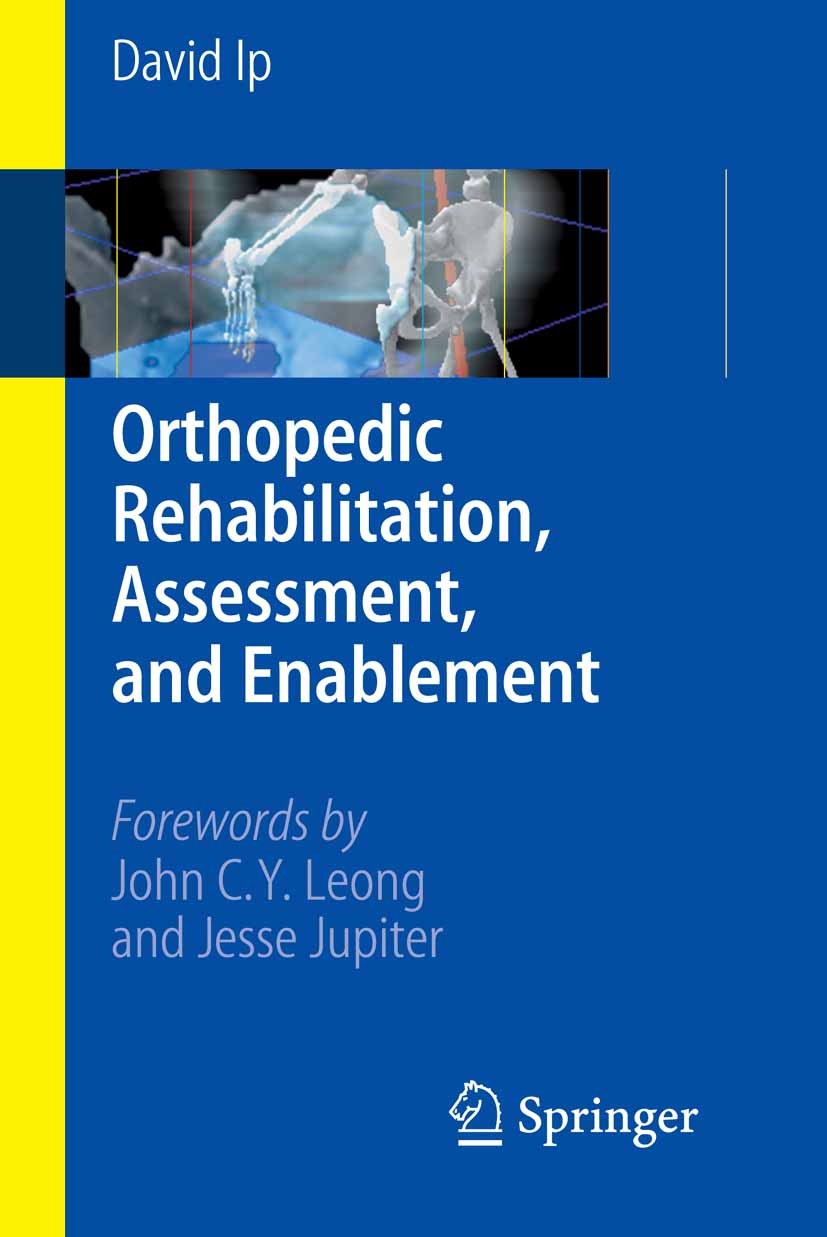Equilibrium and stability are crucial elements of bodily fitness and overall health. They serve a vital role in daily activities, athletic capability, and harm avoidance. When an person has strong balance and stability, they are less likely to fall or incur injuries during bodily exercises. One efficient way to evaluate these attributes is through Functional Movement Screening (FMS). FMS is a tool used to evaluate motion styles and recognize discrepancies or deficiencies that could result to harm.
Practical Motion Assessment includes a series of specific tests that examine how well a person functions. The tests focus on fundamental movements such as squatting, lunging, and flexing. By observing these movements, trainers and healthcare professionals can determine areas where an individual may struggle. For instance, if someone has difficulty maintaining equilibrium while performing a squat, it may suggest a need for specific workouts to improve power and control. This evaluation not only identifies deficiencies but also helps to monitor advancement over a period.

In addition to this to identifying areas for improvement, FMS plays a vital role in preventing harm. Many damages occur as a consequence of inadequate motion patterns, which can be detected through functional evaluations. By addressing these issues early on, people can lower their risk of injury during sports or other bodily exercises. For instance, a jogger who demonstrates an about this imbalance in their stride may be increasingly prone to knee injuries. By adjusting these discrepancies through targeted training programs, the likelihood of injury can be substantially reduced.
Furthermore, enhancing performance is another advantage of performing a thorough assessment of balance and stability. Sportspeople and engaged individuals often aim to improve their capability in specific sports or exercises. A thorough understanding of their movement styles allows coaches to develop personalized training programs that focus on specific see this here weaknesses. By enhancing equilibrium and stability, athletes can improve their total performance, whether it’s running more quickly, leaping higher, or executing exact actions in their sport.
In summary, the importance of assessing equilibrium and stability through Practical Motion Screening cannot be overstated. This thorough assessment serves as a foundation for enhancing bodily fitness, preventing harm, and enhancing sporting capability. By identifying areas of weakness and putting into action targeted training approaches, people can achieve better results in their bodily activities. Emphasizing balance and steadiness not only leads to improved performance but also contributes to a more wholesome, more active lifestyle.